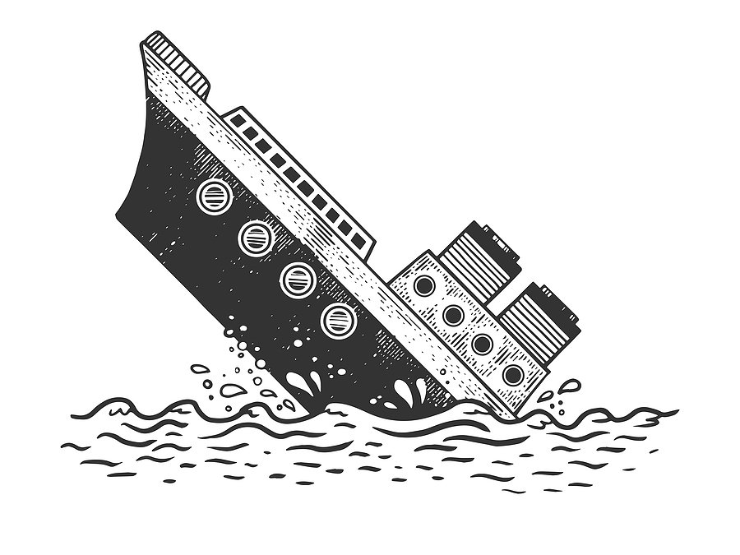If I’ve used credit cards before filing bankruptcy, do I have to wait?
Too many people considering filing think there is some sort of waiting period between financial activity and filing bankruptcy.
So, let’s look at the issues in play surrounding recent credit card charges and seeking bankruptcy relief.
There’s no 90 day rule
Everyone talks about a 90 day rule in bankruptcy. The rule, as reported, is that you can’t buy anything, or maybe, can’t pay anyone, or charge anything. Not so.
The only 90 day rule in bankruptcy applies to creditors, not debtors.
Nothing in bankruptcy law or practice requires any sort of action, or inaction, on the part of someone who needs to file bankruptcy.
The trustee doesn’t examine the statements for credit card use to see if you are “worthy” of bankruptcy, or have commited some disqualifying act. The trustee only cares that if you bought assets on credit, those assets appear on your schedules.
Who cares about credit card use?
Credit card issuers care about your recent credit card use. In particular, card issuers have a right to object if you use their credit card without intending to repay the charge.
The Bankruptcy Code makes debts incurred by fraud potentially non-chargeable. That is, the fraudulent charges are excluded from the bankruptcy discharge. But that only happens if the card issuer formally objects.
To exclude their claim from the discharge, the creditor must
- File an adversary proceeding in the bankruptcy case
- Act within 60 days of the date set for the 341 meeting
- Prevail at trial to establish that the charge was fraudulent
Given the expense involved (filing fees, lawyers, discovery), creditors are not quick to file non-dischargeablity actions. Most such suits are filed where the charges are large, frivolous, or particularly close in time to the bankruptcy filing.
Importantly, the legal presumption is that the debt is dischargeable. The creditor bears the burden at trial to overcome that presumption. In a sense, the cards are stacked in the debtor’s favor.
The paperwork you file in your bankruptcy case calls for the date on which you paid a lawyer in connection with the case. That’s an easy point for the world to figure that you didn’t expect to repay charges that you made after that.
The discharge is not at risk
Even when a particular debt, or a part of a debt, is found to be non dischargeable because of fraud, the debtor gets a discharge of the rest of the dischargeable debts.
The discharge only gets denied as to all creditors when the debtor commits some egregious, dishonest acts that offend the bankruptcy system as a whole.
When waiting makes sense
Remember the old adage: time heals all wounds? When looking back at your credit card usage, if a large or questionable transaction shows up, waiting to file may reduce the chances that the creditor files an objection.
Timing is everything in bankruptcy
The presence of payments made after the stand-out charge lessens the sense that you didn’t intend to repay when you made the charge.
Bottom line
Thorough disclosure of the facts on your schedules and honest treatment of your credit card issuers, and your bankruptcy will sail through.
More
Don’t tidy up before seeing a bankruptcy lawyer
What’s the trustee looking for in bank statements
Selling stuff before bankruptcy






